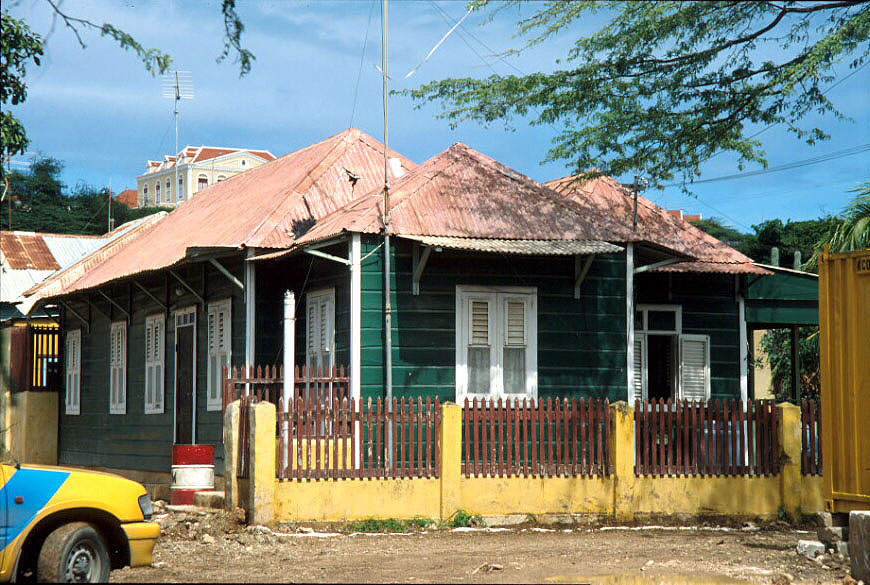Caribbean cruise lines are establishing private islands. Now the protective wall around a cruise ship extends to surround a bit of land where the company can create a shore experience that fits the image people have of the Caribbean, and with all the protection and service of the ship's environment. No longer need the controlled environment of the ship confront chaotic port towns. What will sell is an experience that keeps the fantasy unbroken.
The cruise line industry is now reaping what it has sown, as its passengers grow less tolerant of . . . [port towns with] the sight of billboards for Wendy's and duty-free liquor supermarkets . . . hardly the idyllic, tropical experience promised in glossy ads and promotional brochures. And once they hit land, passengers are confronted with panhandlers, aggressive souvenir hawkers, cab drivers with rigged meters -- all the unpleasant realities of a large port town. . . . Now . . . cruise lines have begun to take matters into their own hands. If foreign ports can't live up to passenger expectations, the companies reason, then why not give them what they want in the form of their own private island? (Patron 1998, 67-69)

The real islands are not so perfect. The cruise line islands give passengers a sanitized experience of the local nature, food, sound, and crafts. The ship staff handles most of the activities, and the ship brings the provisions. The result is a seamless vacation experience.
(c) David Kolb, 1 August 2001